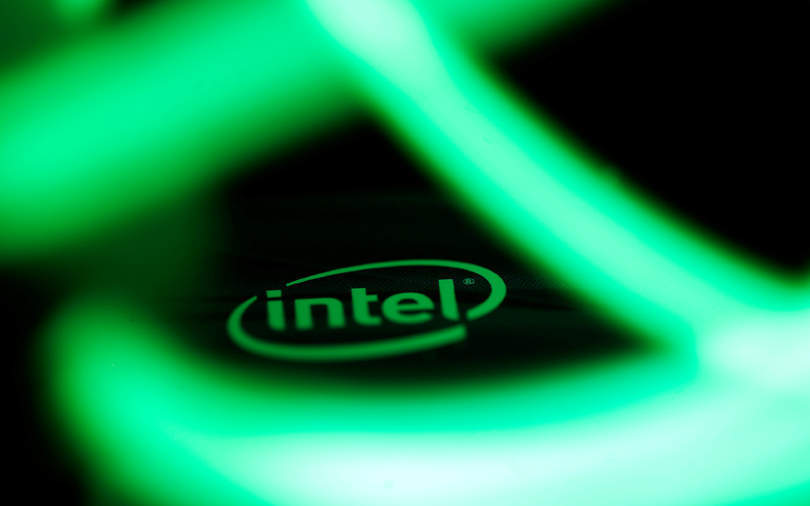
Intel highlights data-centric portfolio to achieve exascale, the next frontier of computing


At the 2019 International Supercomputing Conference, chipmaker Intel provided the latest updates on how its data-centric portfolio is transforming next-generation high-performance computing (HPC) systems and propelling the industry toward exascale computing.
The company said that today’s advanced HPC systems leverage both traditional HPC data analytics and AI technologies to efficiently address the most complex scientific problems.
“Our portfolio of HPC solutions, including Intel Xeon Platinum 9200 processors and Intel Optane DC persistent memory, enable unprecedented explorations in science and discovery,” said Trish Damkroger, vice-president and general manager of the Extreme Computing Organization at Intel.

Xeon Platinum 9200 processors have integrated Intel deep learning Boost technology to accelerate AI performance up to 30 times over the previous generation Xeon Scalable processor, the company added.
Further, Intel said that the pre-configured systems based on Intel Xeon Platinum 9200 processors will be available from original equipment manufacturers (OEMs), including Atos, HPE, Lenovo, Penguin computing, Megware and authorised Intel resellers.
Intel also revealed that it is further accelerating the adoption of Intel Optane DC persistent memory in HPC systems. The company has also rolled out a new storage architecture for supercomputing that leverages Intel Optane DC persistent memory and Distributed Asynchronous Object Storage (DAOS).

DAOS is an open-source software-defined scale-out object store providing high-bandwidth, low-latency and high input/output (I/O) operations, and is designed specifically for convergence of HPC and AI workloads.
Last week, Intel had made its enterprise collaboration solution Unite available on the cloud in a move aimed at facilitating deployment in organisations of all sizes.
The company said that the service on the cloud has been equipped with security, stability, and manageability features. Customers will also have access to a broad set of data from meeting-room hardware and connectivity to room usage.

Last month, the company had launched new processors for mobile, laptops and data centres based on a new architecture that is expected to enhance gaming and AI capabilities.
